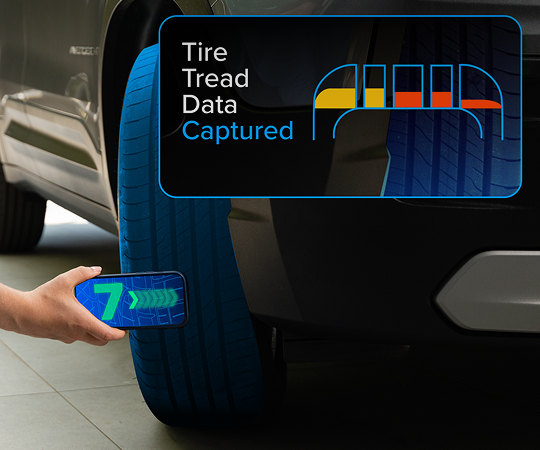
The 3 Main Reasons to Adjust Your Automotive E-Commerce Business to Align with AI Trends
As an automotive industry decision maker, there are a lot of new technologies to take into consideration today, but none are more fascinating than the use of artificial intelligence (AI). Incorporating AI technology into your automotive e-commerce business is easier to do than ever and provides a wide range of benefits in doing so.

Reason 1: Customized Shopping Recommendations
AI continues to develop, and in the coming years, we can expect to see customized product recommendations of all types. AI uses customer data to provide personalized product recommendations. It can use complicated and in-depth data to make recommendations and decisions based on customer behavior and similar customer profiles. Utilized properly, this can help e-commerce businesses create hyper-personalized experiences for each of their customers.
To do this, algorithms consider the user behavior patterns, including things like:
- Frequent product views
- Previous purchases
- Search history
It can then use this data to help make relevant product suggestions based on a particular user. This may help with allowing custom product recommendations, influencing marketing campaigns, impacting pricing, and allowing for discounts. With the use of big data, AI can create highly accurate recommendations that customers need and want.
Reason 2: Real-Time Data Analytics to Optimize Operations
The second reason to invest in AI is in this area. Forward-thinking brands who begin to use analytics – in real time – from advanced AI will have the ability to better meet their clients’ needs. This helps companies to improve supply chain management and inventory assortment. To do this, it analyzes which products are the most in demand and which are not moving. This empowers companies to employ actionable insights on important areas. They can adjust marketing, pricing, discounts, and other data based on these noted differences.
The process of gathering real-time data is easier than ever. It can start at garages and repair shops, vehicle maintenance centers, and retailers that sell tires. Using AI-based technologies such as a tire scanner or a tire tread reader, tire technicians can collect data during maintenance and put it into their company’s system, which allows them to know which tires get sold, which tires are in demand or need restocking, etc.
Tire Tread Scanner
Consider a Tire Tread Scanner, like Anyline’s solution. It uses TireTreadDepth SDK, which makes it possible for users to simply scan a device over the tire to get information on the depth of the tread. That can then be used immediately by the team to make decisions about installing new tires while also working to support ongoing relationship development with customers. The company can email and alert you to the need to replace the tires over time.

Reason 3: Automated Warehouse Processes
AI optimization and robotization within the warehouse environment have been expanding in recent years. It works to reduce the costs of manual operations that humans have to do, improves efficiency, and offers better, money-saving opportunities when it comes to inventory management.
One way AI could be useful here is, for example, with tire hotels, which can use AI-based technologies like a tire scanner in order to find the right tires quicker. This can help to minimize risks to the driver.
Tire Size Scanner
Tire Size Scanner works very efficiently to read the tire identification numbers, including TIN/DOT numbers. Then it gathers information on the tire size and commercial tire serial numbers located on the sidewall. This information is collected in seconds by pointing a device like a smartphone at the sidewall of the tire.
With Anyline’s system, there is no need to manually gather this information. It offers automatic orientation and continuous scanning to provide an easy to use tool that can then complete the work for the frontline worker.
Integration
The integration of this type of technology into operations today is easier than ever. Anyline’s system can be integrated through the following:
- Mobile apps: Using Anyline SDK, this is a quick way to get the system set up. It is available natively on iOS, Android, and Windows, as well as cross-platform on React Native, Xamarin, Flutter, and Cordova.
- Web Apps: Integrate Anyline SDK onto your website in a matter of hours with our JavaScript implementation.



